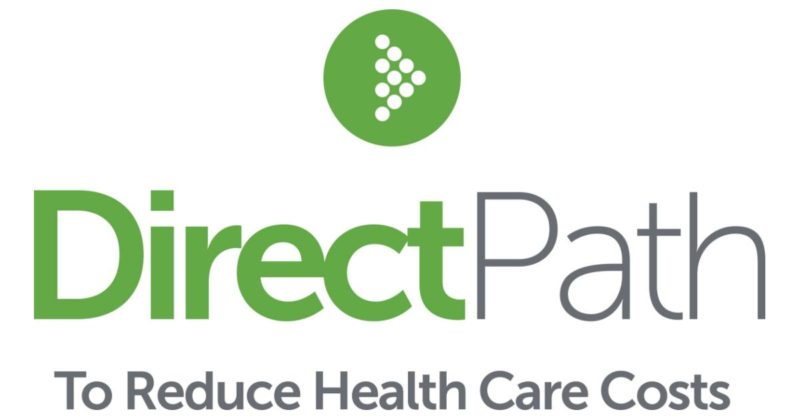DirectPath Rewards Patients For Finding A Cheaper Procedure (#GotBitcoin?)

When Kathy Stilp had her annual mammogram last year, she chose one of the lower-cost options in her area — and was cut an $80 check for her efforts.
Stilp normally would have no incentive to do so. As screenings intended to help detect breast cancer, mammograms are preventative procedures, typically covered in full by her health plan.
But an unusual program put into place by her employer gives Stilp and her colleagues both help comparing costs for medical procedures and a share of the total savings.
This year’s mammogram garnered another $80, and Stilp expects to receive about $180 for a recent ultrasound.
“I’m a shopper, so it definitely was great to have some extra money in my paycheck,” she told MarketWatch.
The privately held, Wisconsin-based Miniature Precision Components (MPC) employs about 1,100 U.S. employees, including Stilp, many of whom work to manufacture thermoplastic parts for big car companies.
Like many companies, MPC has grappled with the rising cost of providing health care coverage for its employees.
The company has sought to proactively tackle the issue, taking a “bit more progressive” of an approach, said Cody Brugger, the company’s benefits and wellness manager, including making five on-site clinics available over the last several years.
Since September 2016, it has also offered a cost-comparison program, provided through the health-benefits company DirectPath, as another of those tools.
Before an employee gets a medical procedure done, they can call DirectPath Rewards for an overview of their in-network options. Any procedure that is voluntary and can be scheduled in advance is eligible.
In a report, DirectPath outlines three possible providers and their estimated cost, alongside patient reviews and information about quality.
Those who choose one of the two lower-cost options then get 20% of the total savings, routed directly into their next paycheck.
Originally offered by the Milwaukee-based company Patient Care, which was acquired by DirectPath in 2017, the program has been in place for about a decade.
Comparing costs is a critical part of the offering. It’s also a more difficult proposition than it sounds, as anyone who has tried to determine the cost of a medical procedure ahead of time knows too well.
“We joke that there’s no price list in the sky,” and so employees end up making a lot of phone calls, said Kim Buckey, DirectPath’s vice president of client services.
Of 411 clients in the company’s “Advocacy & Transparency” unit, 98 use the rewards program, or just under 24%, according to Bridget Lipezker, the unit’s senior vice president and general manager.
Rewards payments are typically capped at a maximum of $1,000 per procedure code, a year, she said.
As U.S. health costs continue to rise year after year, the concept of shopping around for health care — the same way one would for almost any other purchase — has become popular.
Studies show massive differences in how much even basic medical services cost, depending on where they are received.
It has also been one of the justifications behind the rise of high-deductible health plans, which expose patients to larger out-of-pocket health costs. Employers say that patients should shop around, but it is often difficult to get comprehensive pricing information, even for doctors and health policy experts.
When MPC’s Stilp recently went to get an ultrasound, she had not met her deductible. As a result, the scan would have been entirely out of pocket, or an estimated $1,665 at her usual provider.
Instead, after calling DirectPath, she opted for another provider, a half an hour drive away — saving an estimated $1,000 in the process, including the cost savings that she expects to get back from her employer.
“When it was first presented, I thought to myself it seemed too good to be true,” she said, even though she has worked in health care for most of her career. Now, “I plan on using it for anything that I can.”
Go back
Leave a Reply
You must be logged in to post a comment.